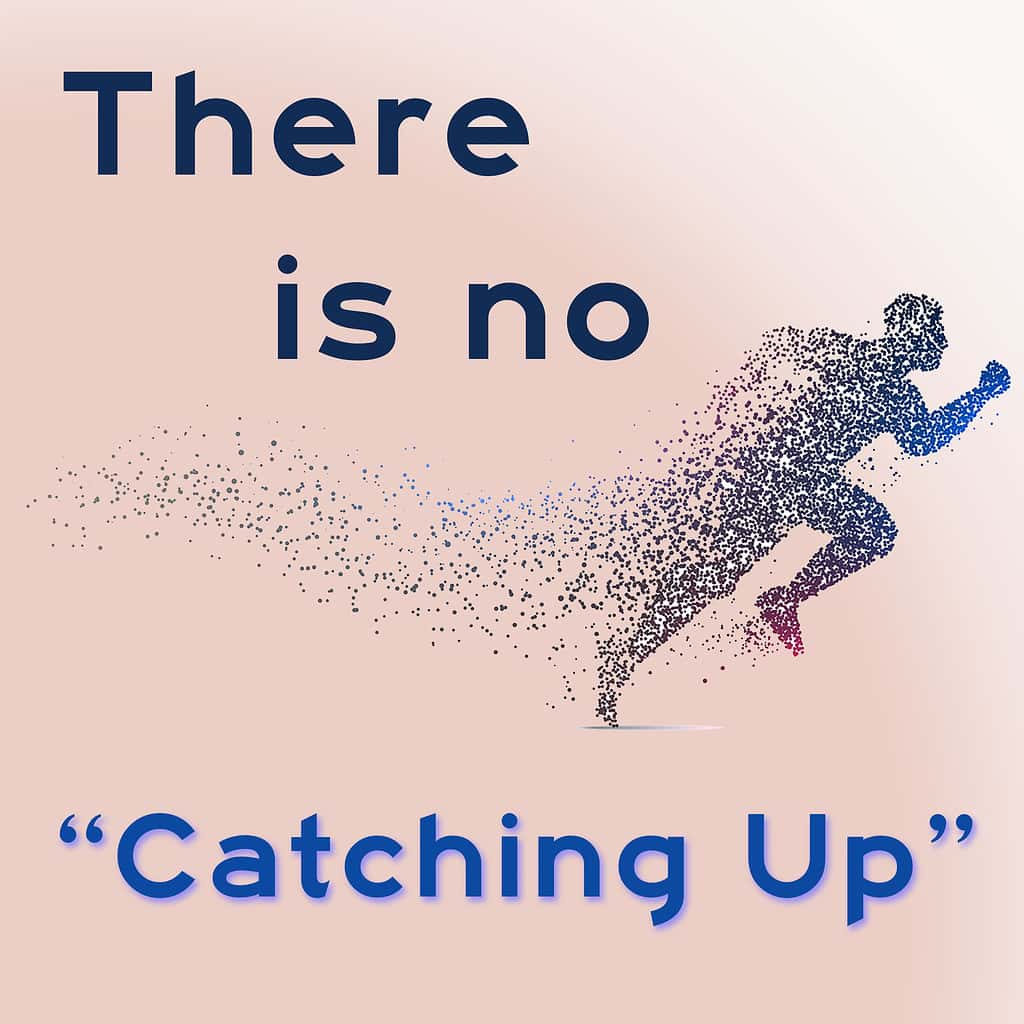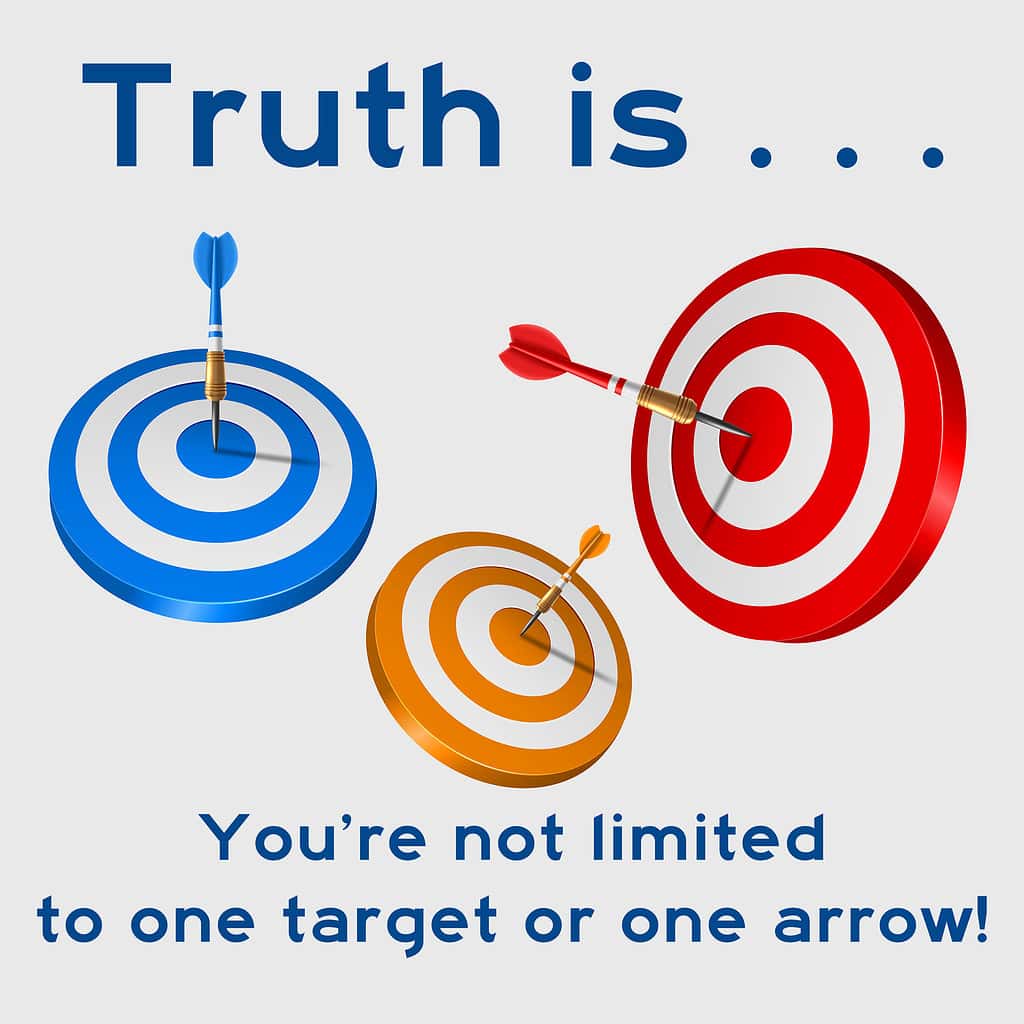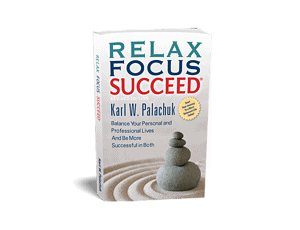Silence Means Nothing
One of the truisms I live by is that we should strive to avoid having both sides of a conversation. For example, we are often tempted to say things like, “He would never agree to that,” or “She wouldn’t pay that much.” We tell ourselves that other people will act or think a certain way. As I say in the book Relax Focus Succeed, you need to let the other person have their side of the conversation!
Somewhat related to this is the human tendency to write meaning into silence. Silence means nothing.

I catch myself in this all the time. I send a text and don’t get a reply. Is that bad? Did I offend someone? Is silence a yes or a no? Then . . . I finally decide to text again and see that I never pushed send, so the text never left my phone.
If you’re waiting to hear back about a loan or a job offer, you might be tempted to write meaning into the long silence. Don’t.
Once you tune into this, you’ll see examples everywhere. A client takes a long time to make a decision. Then you find out they went on vacation. You really need feedback on an email. Then you learn that the person was sick. You’re waiting to get started with a project. Then you find out that there’s a company reorganization in the works.
The ultimate example is when people speculate about a jury taking a long time to deliberate a verdict. Is it better for a short deliberation or a long one? Which favors the defendent?
Silence means nothing.
So what do you do about it? Well, you need to practice a little mindfulness here. What do you know and what do you not know? Then stop worrying about it. Spending your time worrying about something you cannot control (or affect in any way) is a waste of energy.
Have you noticed how often stuff like this gets built up in your head and then turns out to be nothing? Most of the time, the stuff we worry about doesn’t happen. So we literally worry for no good reason.
Worry brings anxiety, which gets our brains all hyped up – and keeps us from paying attention to whatever else we should be doing! As you can see, it’s really worth limiting this whole process before it goes too far.
How do you do that? Step One is simple awareness. Recognize when you’re worrying over something because you’re trying to determine what the silence means. Step Two: Say to the words to yourself: Silence Means Nothing. Step Three: When it’s over, label the worry. Was this legitimate? Was it worth worrying about? Virtually every time, the answer will be NO!
If you do this a lot, it’s worth drawing a sign and putting where you can see it. Silence Means Nothing. And, if you do it a lot, imagine how much better your life will be when you remove that unproductive worry and anxiety.








2 Responses
Active silence is an important tool in your kit as well. Years ago, I spent some time teaching my girl friend (now wife) how to use it when negotiating. She was vastly underpaid at work, but she had never negotiated for a raise in her life. So I practiced with her . . . active silence. When the day came, she made her case for a raise from $9 to $15 an hour, and then sat back and remained quiet. She said it took over two minutes of them just being shocked . . . and then she got her raise.
Active silence can be a powerful tool.
Thanks, Josh. Another example of the benefits of silence. 🙂